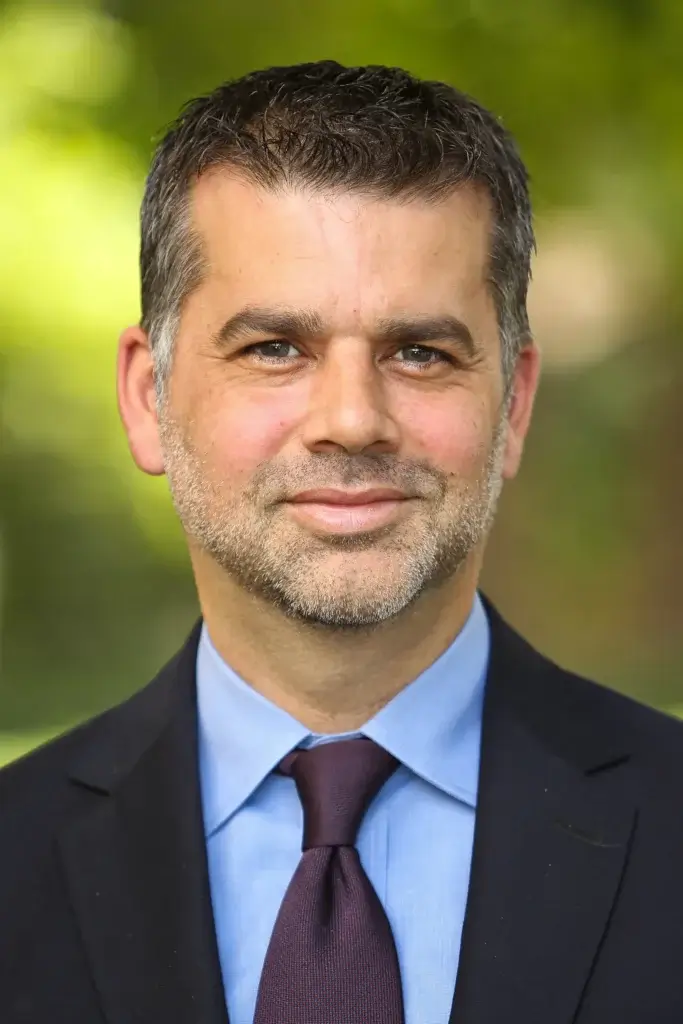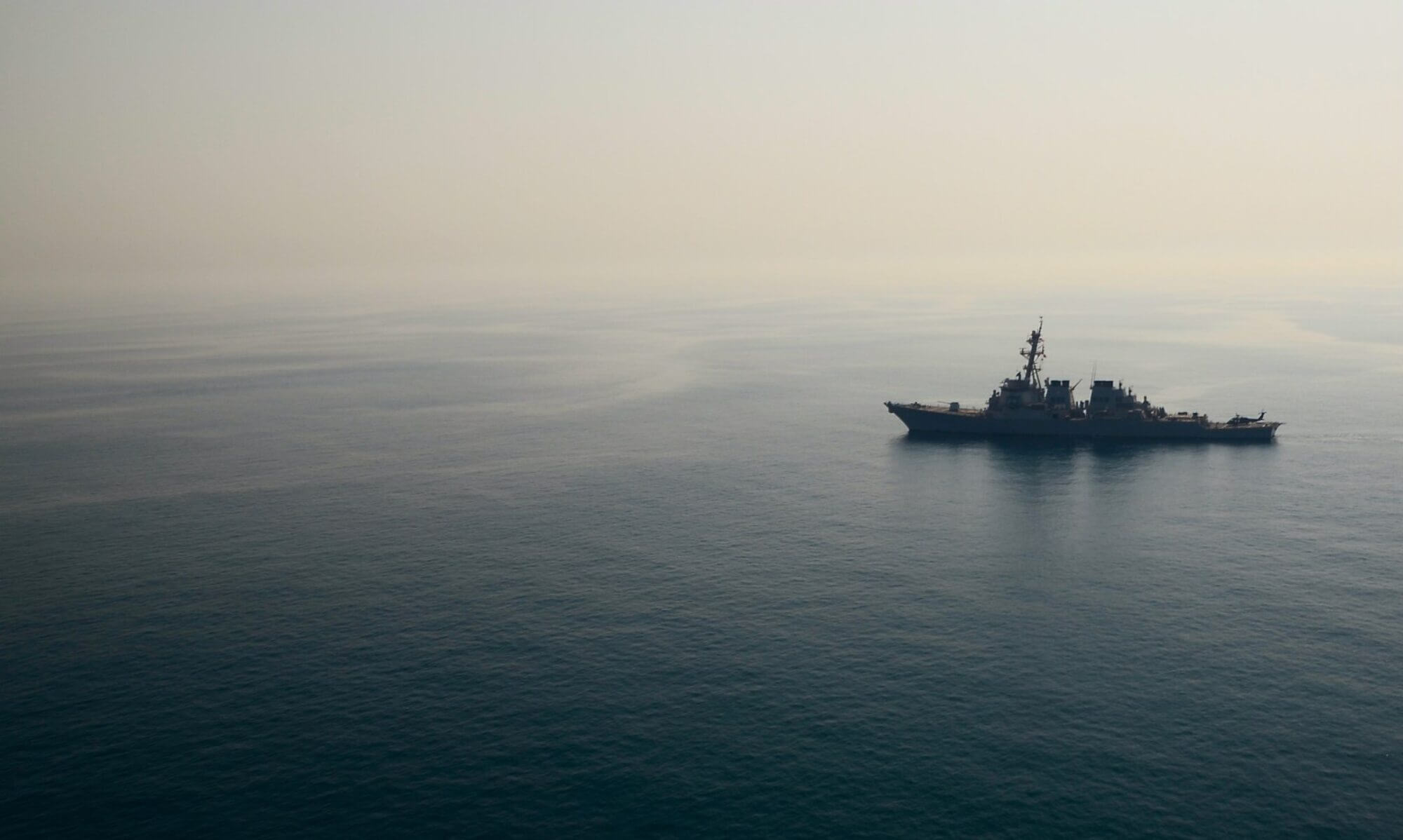‘Charting the Course: Navigating the Future of American Naval Power’ is an essential series that addresses the pressing challenges the U.S. Navy confronts in an era of evolving global threats. As the United States navigates shifting geopolitical dynamics and grapples with a rising Chinese military threat, the challenges faced by the Navy have never been more critical to our national security. The cost is free.
Click here for additional event detail and registration. And for Speaking opportunities click here.
Current list of Speakers
Dr. Steven Wills

Dr. Steven Wills currently serves as a Navalist for the Center for Maritime Strategy at the Navy League of the United States. He is an expert in U.S. Navy strategy and policy and U.S. Navy surface warfare programs and platforms.
His research interests include the history of U.S. Navy strategy development over the Cold War and immediate, post-Cold War era, and the history of the post-World War II U.S. Navy surface fleet.
Dr. Wills had a 20-year career as an active-duty U.S. Navy officer and served on a variety of small and medium surface combatants, including an assignment as the executive officer of a mine countermeasures ship. He also held shore-based billets at the Defense Intelligence Agency, the Joint Non-Lethal Weapons Directorate, NATO Joint Forces Command, Naples, Italy, and the NATO Joint Force Maritime Component Command, also in Naples.
After retiring from the Navy in 2010, he completed a master’s and a Ph.D. in History with a concentration on Military History at Ohio University, graduating in 2017. He is the author of “Strategy Shelved: The Collapse of Cold War Naval Strategic Planning,” published by Naval Institute Press in July 2021 and, with former Navy Secretary John Lehman, “Where are the Carriers? U.S. National Strategy and the Choices Ahead,” published by Foreign Policy Research Institute in August 2021. His articles have appeared in the U.S. Naval War College Review, U.S. Naval Institute News, Real Clear Defense, the Center for International Maritime Security, War on the Rocks, and InformationDissemination.net.
Dr. Wills holds a master’s in National Security Studies from the U.S. Naval War College and a bachelor’s in History from Miami University in Oxford, Ohio.
Seth Cropsey

Seth Cropsey began his career as assistant to the Secretary of Defense and was later commissioned as a naval officer. He served as deputy Undersecretary of the Navy in the Reagan administration and acting assistant Secretary of Defense for Special Operations and Low-Intensity Conflict in the George H. W. Bush administration. Confirmed by the U.S. Senate, he became director of the U.S. International Broadcasting Bureau in the George W. Bush administration. Following 15 years as a senior fellow at Hudson Institute, Mr. Cropsey founded Yorktown Institute in 2022 and is the Institute’s president. Mr. Cropsey has authored numerous papers, reports, and books, including ‘Seablindness: How Political Neglect Is Choking American Seapower and What to Do About It’ and ‘Mayday: The Decline of American Naval Supremacy.
About Yorktown Institute
Founded in 2022, the Yorktown Institute focuses on great power competition and the U.S. naval and military supremacy that must undergird American grand strategy. This will require alliance-building, restoring economic and manufacturing potential, defending national institutions, and reorienting naval and military power toward the “supercontinent” of Eurasia.
Dr. Bruce Jones

Dr. Bruce Jones, Senior Fellow – Foreign Policy, Center for East Asia Policy Studies, Strobe Talbott Center for Security, Strategy, and Technology, Brookings Institution on Foreign Policy, Center for East Asia Policy Studies Strobe Talbott Center for Security, Strategy, and Technology
Bruce Jones is a senior fellow with the Strobe Talbott Center for Security, Strategy, and Technology in the Foreign Policy program at the Brookings Institution; he also works with the Center for East Asia Policy Studies. He is also a consulting professor at the Freeman Spogli Institute at Stanford University. From 2015 to 2020, Jones previously served as the vice president and director for the Foreign Policy program.
Jones’ research expertise and policy experience is in international security. His current research focus is on U.S. strategy, international order, and great power relations. His most recent books on the topic are “To Rule the Waves: How Control of the World’s Oceans Shapes the Fate of the Superpowers” (Scribner, 2021); “The Marshall Plan and the Shaping of American Strategy,” (Brookings Institution Press, 2017); and “Still Ours to Lead: America, Rising Powers, and the Tension between Rivalry and Restraint” (Brookings Institution Press, 2014). He is also co-author with Carlos Pascual and Stephen Stedman of “Power and Responsibility: Building International Order in an Era of Transnational Threats” (Brookings Institution Press, 2009); and co-editor with Waheguru Pal Singh Sidhu and Pratap Bhanu Mehta of “Shaping the Emerging World: India and the Multilateral Order” (Brookings Press, 2013). Other publications include “The State of the International Order,” with Thomas Wright (Brookings, 2014); “Managing a Changing World” (Foreign Policy, March 2011); and “How Do Rising Powers Rise?” (Survival, December 2010). Jones has conducted research focused on the geopolitics of energy and climate change. He recently co-authored with David Victor a report titled, “Undiplomatic action: A practical guide to the new politics and geopolitics of climate change” (Brookings, February 2018). Other publications include: with David Steven, “The Risk Pivot: Great Powers, International Security and the Energy Revolution” (Brookings Institution Press, November 2014); with David Steven and Emily O’Brien, “Fueling the New Order” (Brookings, April 2014); and with David Steven and Andrew Hart, “Chill Out: Why Cooperation is Balancing Conflict Among Major Powers in the New Arctic” (Brookings, 2012).
Jones has extensive experience and expertise on intervention and crisis management. He served in the United Nations’ operation in Kosovo, and was special assistant to the U.N. special coordinator for the Middle East peace process. He is co-editor with Shepard Forman and Richard Gowan of “Cooperating for Peace and Security” (Cambridge University Press, 2009) and author of “Peacemaking in Rwanda: The Dynamics of Failures” (Lynne Reinner, 2001). He has also served in advisory positions for the U.S. State Department and the World Bank on fragile states, including as senior external advisor to the World Bank’s “2011 World Development Report on Conflict, Security and Development.”
Jones also has significant experience on multilateral institutions. He was a senior advisor to Kofi Annan on U.N. reform and served as deputy research director to the U.N.’s High-level Panel on Threats, Challenges and Change, as well as lead scholar for the International Task Force on Global Public Goods. Related publications include “Managing the New Threat Landscape: Adapting the tools of International Peace and Security” (Brookings, September 2018); “Beyond Blocs: The West, Rising Powers and Interest-Based International Cooperation” (The Stanley Foundation, October 2011); “Libya and the Responsibilities of Power” (Survival, June 2011); and “The G8 and the Threat of Bloc Politics in the International System” (Brookings, May 2011).
Bryan Clark

Bryan Clark is a senior fellow and director of the Center for Defense Concepts and Technology at Hudson Institute. He is an expert in naval operations, electronic warfare, autonomous systems, military competitions, and wargaming.
From 2013 to 2019, Mr. Clark was a senior fellow at the Center for Strategic and Budgetary Assessments (CSBA) where he led studies for the DoD Office of Net Assessment, Office of the Secretary of Defense, and Defense Advanced Research Products Agency on new technologies and the future of warfare.
Prior to joining CSBA in 2013, Mr. Clark was special assistant to the chief of naval operations and director of his Commander’s Action Group, where he led development of Navy strategy and implemented new initiatives in electromagnetic spectrum operations, undersea warfare, expeditionary operations, and personnel and readiness management.
Mr. Clark served in the Navy headquarters staff from 2004 to 2011, leading studies in the Assessment Division and participating in the 2006 and 2010 Quadrennial Defense Reviews. His areas of emphasis were modeling and simulation, strategic planning, and institutional reform and governance. Prior to retiring from the Navy in 2008, Mr. Clark was an enlisted and officer submariner, serving in afloat and ashore submarine operational and training assignments including tours as chief engineer and operations officer at the Navy’s nuclear power training unit.
Mr. Clark is the recipient of the Department of the Navy Superior Service Medal and the Legion of Merit. He received his MS in national security studies from the National War College and BS in chemistry and philosophy from the University of Idaho.

